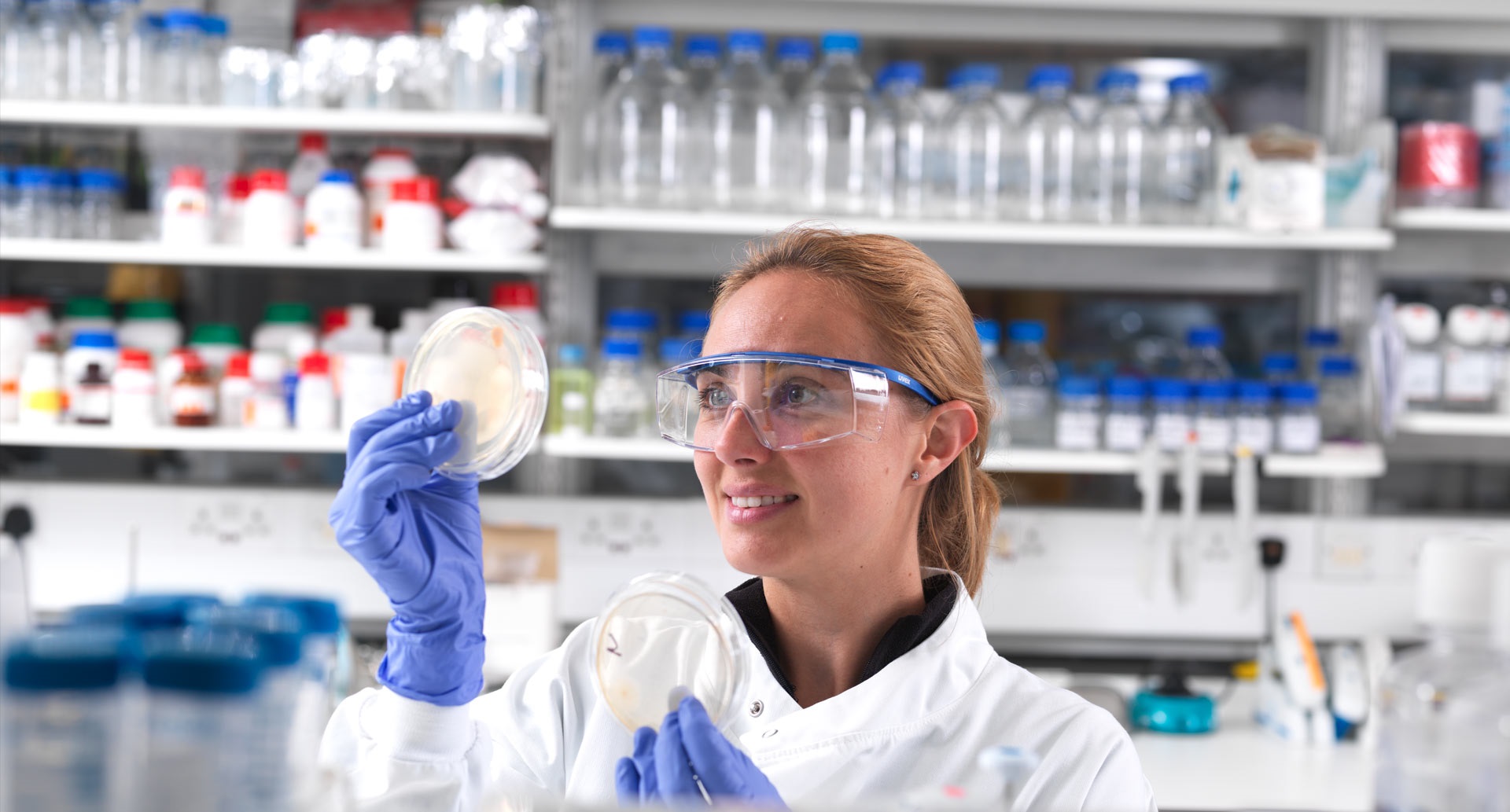Search newsletter
What's inside? See the latest edition of Search, our newsletter to supporters.
In this Autumn edition of Search, you can catch up on the latest news and discoveries from our labs.
Cancer patients are at the heart of everything we do. You can read about Tony Collier who has advanced prostate cancer. He talks about how research has prolonged his life and how, since his diagnosis, several more treatments have become available.
Every year during September we highlight our achievements in paediatric cancers as part of Childhood Cancer Awareness Month. You can read about the Ellie Mawdsley Foundation and how her parents are dedicated to raising vital funds in her name, to help give more young people with cancer and their families hope of a better future.
For instant access to our latest issue of Search, simply subscribe by completing the form below.
Sign up now to receive Search
"I look forward to getting my copy of Search. It’s great to read all about the excellent work that the ICR does and it reminds me why I decided to support them in the first place."
- James Wilding, donor
Newsletter archive
Search issue 52 - Special edition 2025
In this special summer edition of Search, we take an in depth look at the work our scientists are doing in bringing new treatments to people with cancer, who are at the heart of everything we do.
Search issue 51 - Spring 2025
Find out how our scientists are developing improved breast cancer tools that will help identify women at high risk and our pioneering trial to test multiple treatments for brain cancer.
Search issue 50 - Autumn 2024
In our 50th edition of the Autumn Search issue, we look at the latest research news featuring a new breast cancer drug approval in the UK, for treating the most common type of advanced breast cancer.
Search issue 49 – Spring 2024
Look at how our researchers received a prestigious Queen's Anniversary Prize on behalf of the ICR, in recognition of our transformational breast cancer research programme.
Search issue 48 – Autumn 2023
Find out how we're transforming treatment for people with cancers of unmet need, and meet our family charity partner Siobhan's Superstar Legacy, whose generous donation is supporting the work of our new Team Leader in Developmental Oncology, Dr Sally George.
Search issue 47 – Spring 2023
Meet Dr Stephen-John Sammut, whose research uses AI to forecast how cancer is likely to respond to treatment, and find out more about capivasertib, a new promising drug born from the ICR’s cutting-edge science and pioneering programme of clinical trials.
Search issue 46 – Autumn 2022
Meet the Director of our Centre for Evolution and Cancer, Professor Trevor Graham, whose research uses evolutionary principles and computational modelling to reveal how cancer develops.
Search issue 45 – Spring 2022
Meet our new Team Leader, Dr Alex Radzisheuskaya, whose research focusses on how proteins help to package up DNA in cells – and the role that this can play in cancer.
.jpg?sfvrsn=205a5de0_2)
Targeted radiotherapy injection shrinks treatment-resistant prostate cancer tumours in early clinical trial

Researchers overcome major obstacle in targeted protein degradation

